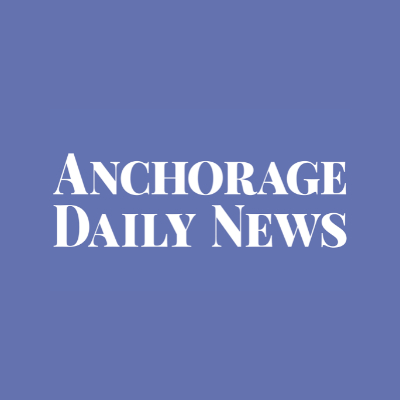 Anchorage Daily News Article Rating
Anchorage Daily News Article RatingAlabama governor signs bill restricting DEI programs in public schools
- Bias Rating
- Reliability
35% ReliableAverage
- Policy Leaning
4% Center
- Politician Portrayal
N/A
Continue For Free
Create your free account to see the in-depth bias analytics and more.
By creating an account, you agree to our Terms and Privacy Policy, and subscribe to email updates.
Bias Score Analysis
The A.I. bias rating includes policy and politician portrayal leanings based on the author’s tone found in the article using machine learning. Bias scores are on a scale of -100% to 100% with higher negative scores being more liberal and higher positive scores being more conservative, and 0% being neutral.
Sentiments
17% Positive
- Liberal
- Conservative
| Sentence | Sentiment | Bias |
|---|---|---|
Unlock this feature by upgrading to the Pro plan. | ||
Reliability Score Analysis
Policy Leaning Analysis
Politician Portrayal Analysis
Bias Meter
Extremely
Liberal
Very
Liberal
Moderately
Liberal
Somewhat Liberal
Center
Somewhat Conservative
Moderately
Conservative
Very
Conservative
Extremely
Conservative
-100%
Liberal
100%
Conservative

Contributing sentiments towards policy:
55% : Alabama Gov. Kay Ivey (R) signed a sweeping bill Wednesday that will restrict the teaching of "divisive concepts" and limit diversity, equity and inclusion (DEI) programs at public schools, universities and state agencies.53% : Outside of the realm of higher education, a federal judge in March ordered a minority-business agency be opened to all races, ruling that only helping businesses owned by Blacks, Latinos and other minorities violates the constitutional guarantee of equal protection.
52% : " In a news release after the Alabama Senate voted to pass the bill in February, its Republican caucus said DEI offices in higher education "have operated like divisive ideological activists.
50% : The pandemic set off a wave of discontent among parents - and later politicians - nationwide, first over school closures and safety measures such as masking, but later over how public K-12 schools and universities are teaching about race, racism, history, sexuality and gender identity.
49% : The first wave of such legislation focused more on issues of race instruction on K-12 campuses, and subsequently on how teachers can discuss gender identity and sexual orientation, but the latest round has been more squarely centered on diversity, equity and inclusion programs, trainings and even classes on college campuses.
47% : " The legislation also includes language that public colleges and universities must require students to use bathrooms based on their biological sex at birth, citing existing state law.
42% : In a statement in late February, free-speech advocacy group PEN America called the legislation "the most pernicious educational gag order impacting higher education.
42% : " The bill states that it does not prevent students and faculty at public schools from hosting DEI programs as long as state funds are not used to sponsor them.
42% : In recent months, anti-DEI advocates have claimed several other major victories.
41% : Utah in January passed a law that prohibits universities, state boards and government employees from setting up DEI offices, while a Texas law similarly forbidding DEI offices and diversity training for students and employees at public institutions in the state took effect the same month.
40% : But it also includes a stipulation that state agencies and public institutions cannot use a grant or federal or private funding "for the purpose of compelling assent to any divisive concept.
34% : " The organization compared the bill to Florida's "Stop Woke Act," which restricts how workplaces, public schools and universities could teach diversity and inclusion until it was blocked in court. Alabama's bill, PEN America said, is "even more restrictive.
*Our bias meter rating uses data science including sentiment analysis, machine learning and our proprietary algorithm for determining biases in news articles. Bias scores are on a scale of -100% to 100% with higher negative scores being more liberal and higher positive scores being more conservative, and 0% being neutral. The rating is an independent analysis and is not affiliated nor sponsored by the news source or any other organization.






















